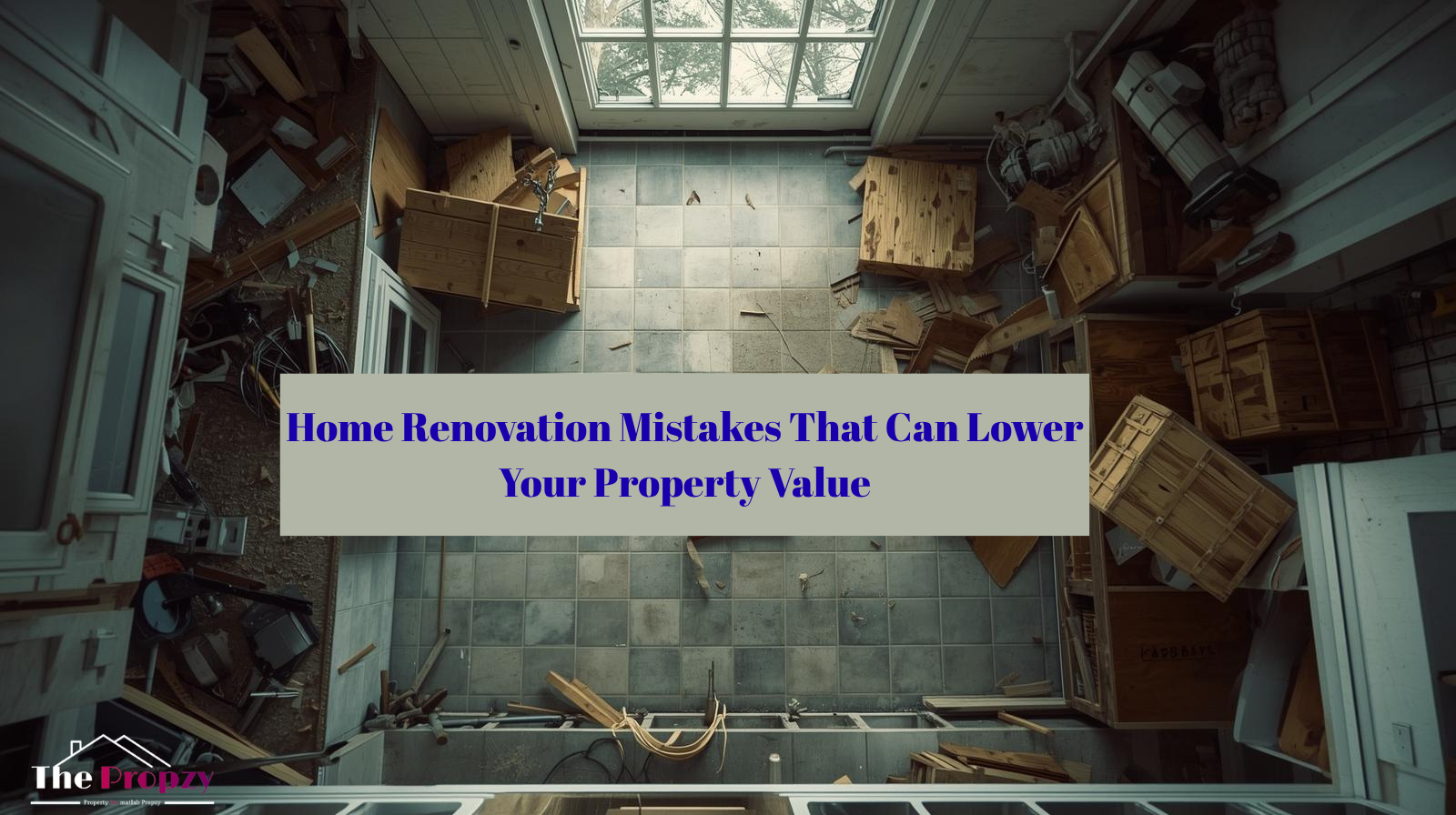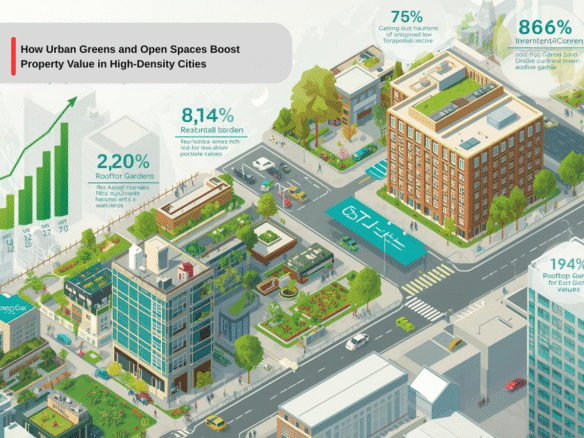Home renovation can elevate your property’s comfort, aesthetic appeal, and market value—if done right. But poor planning, over-customization, or cost mismanagement can actually reduce your home’s value.
Whether you’re renovating for resale or long-term living, avoiding these common renovation blunders can save you money and protect your property’s market appeal.
1. Over-Personalized Interiors
Your taste may be unique, but overly customized designs—like bold wall colors, eccentric tiles, or quirky fixtures—may turn off potential buyers. Neutral, timeless interiors appeal to a broader audience and maintain value over time.
2. Ignoring Structural Repairs
Many homeowners prioritize cosmetic changes—paint, decor, furniture—while ignoring foundation cracks, plumbing leaks, or electrical faults. Buyers notice these issues immediately, lowering your home’s perceived value.
Pro tip: Always fix the structure before aesthetics.
3. Low-Quality Materials
Cutting corners on materials might save money initially but can be costly later. Cheap tiles, laminates, or wiring can deteriorate fast, leading to expensive repairs and poor resale impressions.
Use mid- to high-quality materials for durability and lasting visual appeal.
4. Poor Space Planning
Knocking down walls without understanding layout flow can harm functionality. Overcrowding with bulky furniture or removing essential storage areas can make homes look smaller.
Buyers value open, balanced layouts—not cluttered or awkward spaces.
5. Ignoring Energy Efficiency
Modern buyers prioritize energy-efficient features like LED lighting, insulated windows, and solar panels. Ignoring these upgrades can make your property seem outdated and less competitive.
6. DIY Gone Wrong
DIY projects can save costs but require skill. Poorly done tiling, painting, or plumbing work can reduce your home’s quality. Always hire professionals for major tasks to ensure safety and standards.
7. Not Following Vastu or Local Regulations
In India, ignoring Vastu compliance or local municipal guidelines can hurt your resale potential. Ensure any structural changes—like balcony extensions or extra floors—are approved and compliant.
8. Overcapitalizing on Renovations
Spending more on renovation than what the market will return is a classic mistake. For instance, spending ₹25 lakh on a kitchen remodel in a ₹60 lakh apartment rarely yields proportional ROI.
Smart rule: Invest based on your locality’s market ceiling.
9. Neglecting Curb Appeal
The exterior—entrance, garden, gate, and façade—forms the first impression. Peeling paint or broken tiles outside can reduce perceived value even if interiors are new. Invest in basic landscaping and exterior maintenance.
Conclusion
Renovations should enhance—not diminish—your home’s worth. Focus on structural integrity, functionality, and timeless appeal rather than impulsive trends or over-personalization.






Join The Discussion